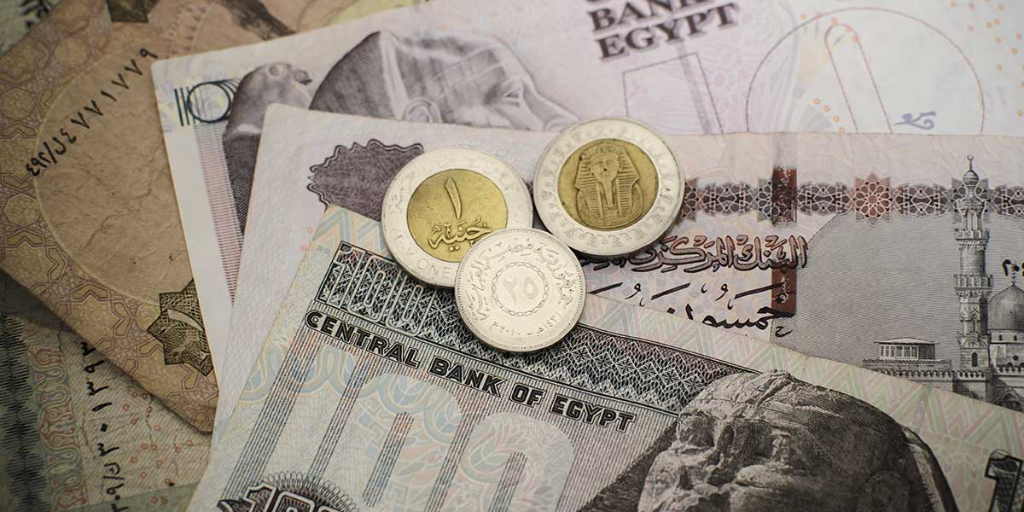Prime Minister Mostafa Madbouly and Finance Minister Ahmed Kouchouk held a press conference on Wednesday, 11 September, to unveil a new comprehensive package of tax relief measures designed to attract investors.
Minister Kouchouk highlighted that the Ministry has carefully examined the actual challenges faced by investors, and the new decisions demonstrate our commitment to addressing the needs of our partners in the tax community.
What Are the New Tax Relief Measures?
The new tax relief measures introduce a simplified and comprehensive tax system for small and micro enterprises with annual revenues up to EGP 15 million. This system will benefit a range of individuals including entrepreneurs, freelancers, and professionals, making it easier for them to manage their tax obligations.
In addition, the government is set to facilitate the transition of informal economy projects into the formal sector through special packages aimed at easing this shift.
One of the key features of the new measures is the flexibility provided to financiers, who will now be able to submit and amend their tax reports for the years 2021 through 2023 without incurring penalties. This adjustment aims to alleviate financial pressures and encourage compliance.
The process for filing tax reports will also be streamlined, and the sampling inspection system will be expanded to encompass all tax offices, making the tax process more efficient.
In a move to modernize tax administration, inspections will now be based on a risk management system, targeting various missions and areas more effectively. Additionally, a cap has been introduced on penalties, limiting them to no more than the original tax amount owed. This change is expected to reduce the financial burden on businesses and promote a more compliant business environment.
The Finance Ministry also aims to expedite the resolution of tax disputes and address accumulated tax files more swiftly. This measure is designed to stimulate economic activity and improve the overall business climate.
For international companies, the threshold for transfer pricing studies has been raised to EGP 30 million, and a new central settlement mechanism for investors will be introduced to streamline processes.
The VAT refund system, a crucial aspect for many businesses, will also be simplified under the new measures. The Ministry has already refunded EGP 3 million to financiers through this system and aims to significantly increase this amount in the future, potentially refunding five times more than the previous year.
How Will These Measures Affect Egypt’s Economy?
These new tax relief measures are anticipated to have a positive impact on Egypt’s economy, particularly in enhancing revenue collection and regulatory compliance.
The simplified tax system and reduced penalties will likely lead to greater business efficiency and compliance, while the increased support for international investors and improvements in VAT refunds are expected to attract more foreign investment.
Egypt has grappled with substantial economic difficulties this year, notably grappling with mounting debt and swift inflation driven by the devaluation of the pound.
However, during a press briefing on July 11, the International Monetary Fund (IMF) reported that the previously unmet demand for foreign currency has now been addressed, adding that there are signs that the private sector is beginning to experience growth once more.







Comments (0)